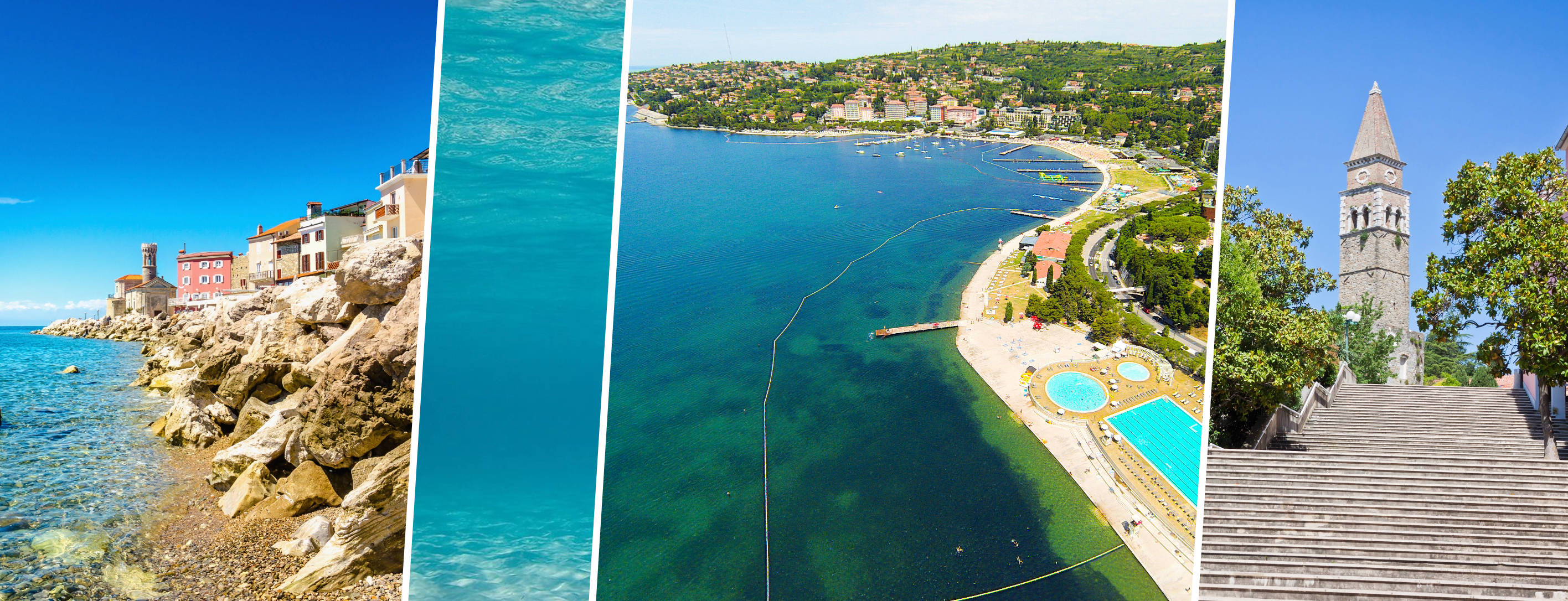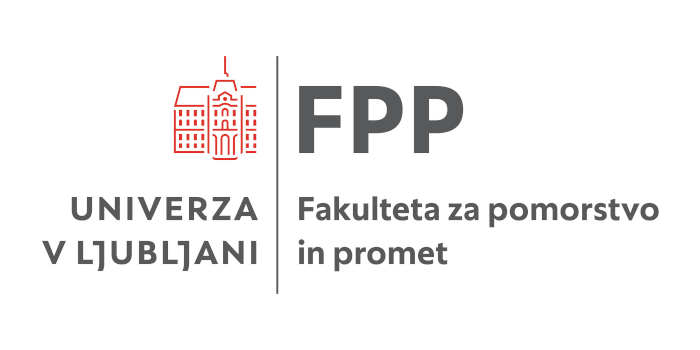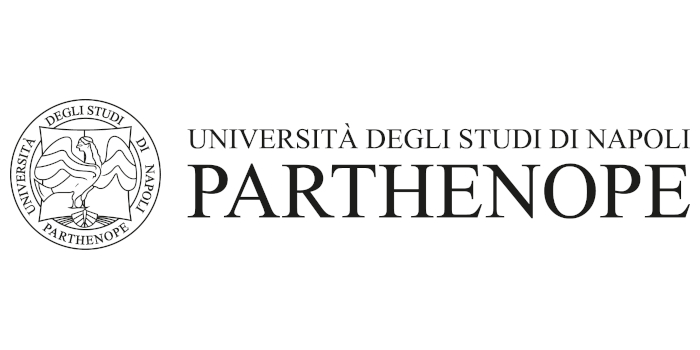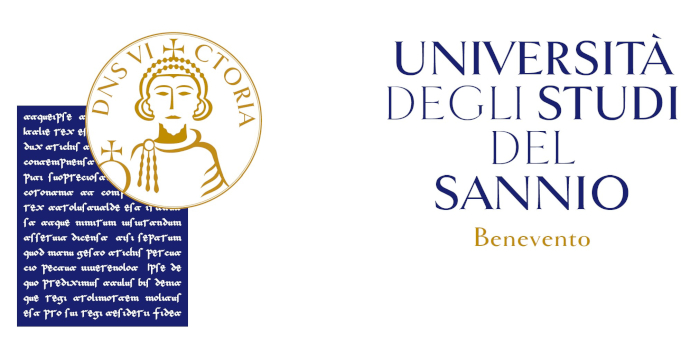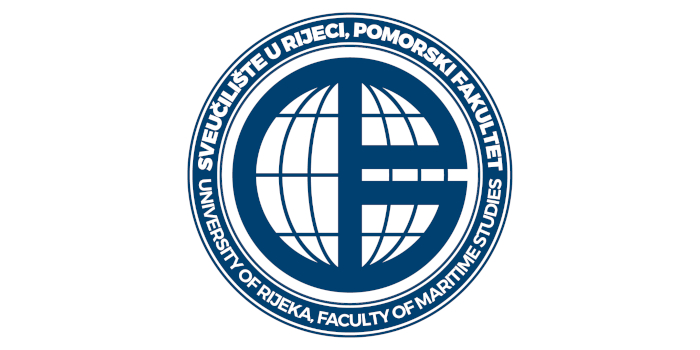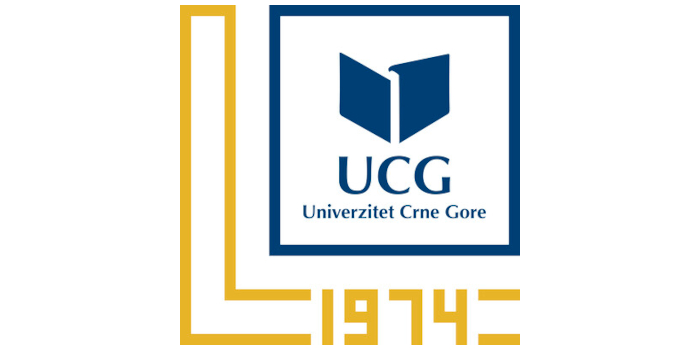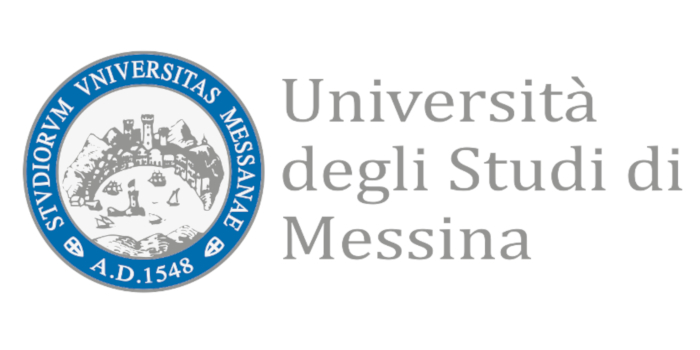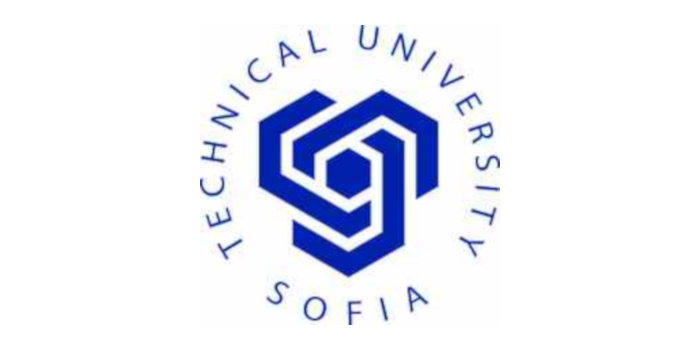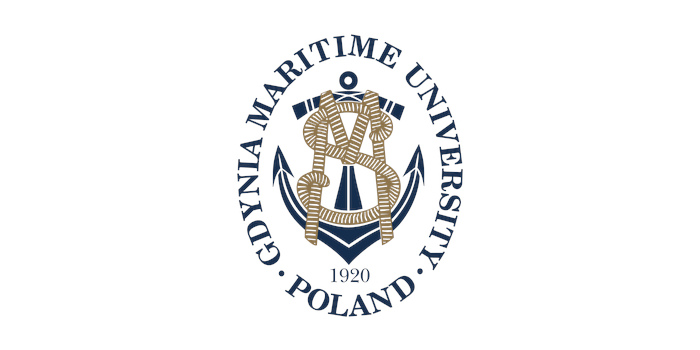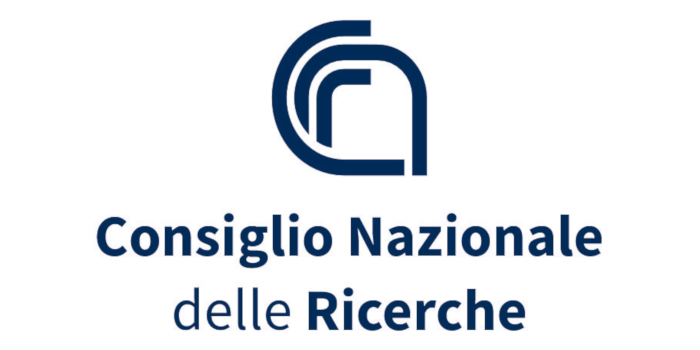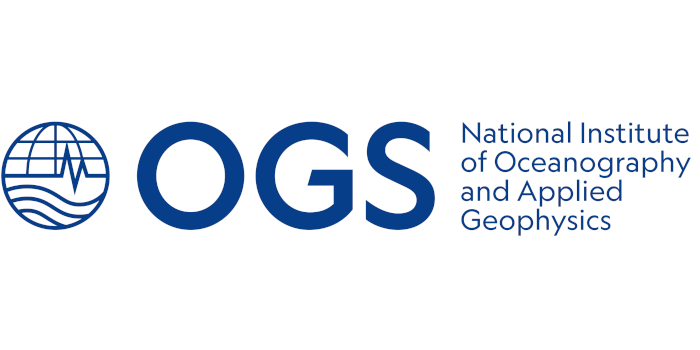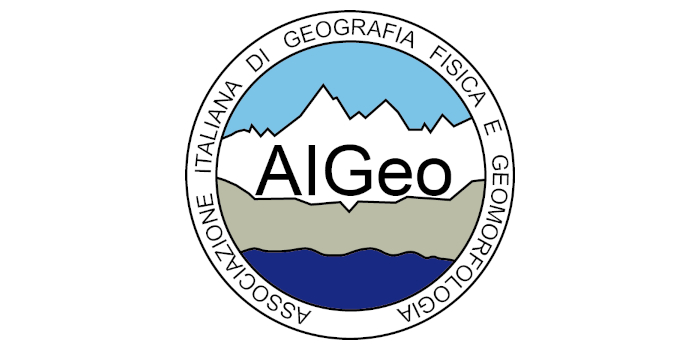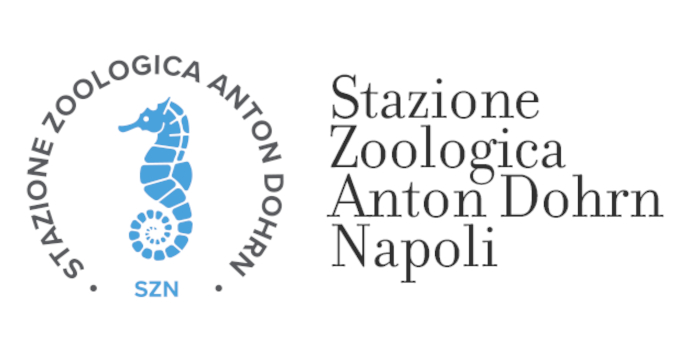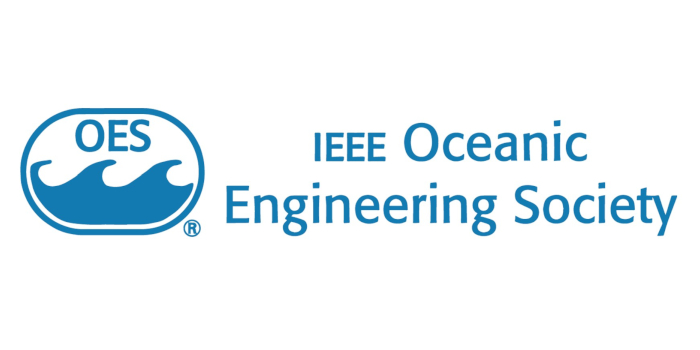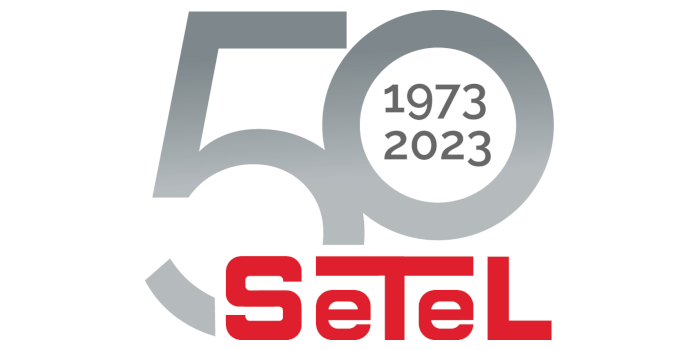What next for ocean sensing and monitoring?
John R. Potter
Norwegian University of Science and Technology, Norway
ABSTRACT
For tens of thousands of years, mankind treated our planet as if it had infinite capacity to provide resources and absorb our waste. This was fine. Until the industrial revolution. The first wake-up call to reach a wide audience was probably Rachel Carson’s ‘Silent Spring’, published in 1962. In the following 50 years it became apparent that we had to think differently if we were to survive; sustainably, with circular economic models and recycling. But “We cannot protect something we do not love, we cannot love what we do not know, and we cannot know what we do not sense. (paraphrased from Richard Louv). In this regard, the ocean, covering 70% of our planet, providing 50% of the oxygen we breathe, and much of the food we eat, has been sadly the most neglected. Why? Because it is deep, dark, and the pressures and corrosive nature of its environment make observation, even survival, difficult.
But you and I are privileged to live in a special time, one in which robotics (which does not care so much about pressure, or lack of oxygen to breathe) can be deployed to sample the ocean. But robotics alone would not suffice. The ocean is not kind to electromagnetic waves, which makes everything from radio communications to GNSS (GPS) fail underwater. The sole remaining technology for long-distance communication is acoustics, which suffers from severe bandwidth limitations. So how can we overcome this? Fortunately, we have not only emerging robotic maturity, but also AI to help us. AI can be applied in two very distinct ways to solve this problem. At the outer, overview levels, AI can provide the Deep Learning capabilities that we need to mine the enormous quantity of data that will be delivered from robotic systems. At the local level, applying edge computing, AI will allow small robotic systems to act intelligently and independently, analysing and reacting to their own sensory system data streams, to take intelligent decisions without the need for detailed external control.
In this way we have an opportunity, applying maturing robotics technology and AI, to deliver the essential data and understanding we need to responsibly manage our planet’s resources. We have a huge challenge ahead of us, make no mistake. But there is reason to be optimistic, if we can bring these technologies to bear, and thereby contribute a critical component of the solution to the current crises.
SPEAKER BIOGRAPHY
Prof. John R. Potter earned a Joint Honours Maths and Physics BSc. from Bristol and a PhD. in Glaciology and Oceanography from Cambridge working in the Antarctic, where he spent four consecutive summers studying ice mass balance. He was awarded the Polar Medal by Queen Elizabeth II in 1988. Dr. Potter was at NATO in Italy, working on acoustic propagation fluctuations, 1986-1991 where he found and married his lifetime soulmate. This was followed by sailing across the Atlantic and through the Panama Canal to San Diego where he worked at Scripps Institution of Oceanography on Ambient Noise Imaging and marine mammal acoustics. In 1995 Dr. Potter sailed across the Pacific (with his growing family) and on to Singapore where he founded the Acoustic Research Laboratory (ARL) and co-founded the Tropical Marine Science Institute (TMSI) in NUS. John headed the ARL and was an Associate Director of the TMSI for 12 years, working on passive acoustic imaging, marine mammal acoustics, autonomous sensing and underwater communications networking. In 2004 he took a ‘Seabbatical’ year with his family, circumnavigating the Indian Ocean by sailboat on a sponsored voyage of research, public outreach, and education. In 2007 he returned to Italy, first as a consultant and then as project leader at the CMRE on communication networking. He then served as a Principle Strategic Development Officer at CMRE, before leaving in 2018 to work on his boat in New Zealand. He recently took up a full Professorship at NTNU in Trondheim, Norway where he now works on marine mammals and Distributed Acoustic Sensing over Fibre Optic cables.
Dr. Potter is a Fellow of the IEEE and MTS, IEEE OES Distinguished Lecturer, Associate Editor for JOE and JASA, PADI Master Scuba Diver Trainer and an International Fellow of the Explorer's Club, among other things. It is no longer true that he neither owns nor operates a television.

